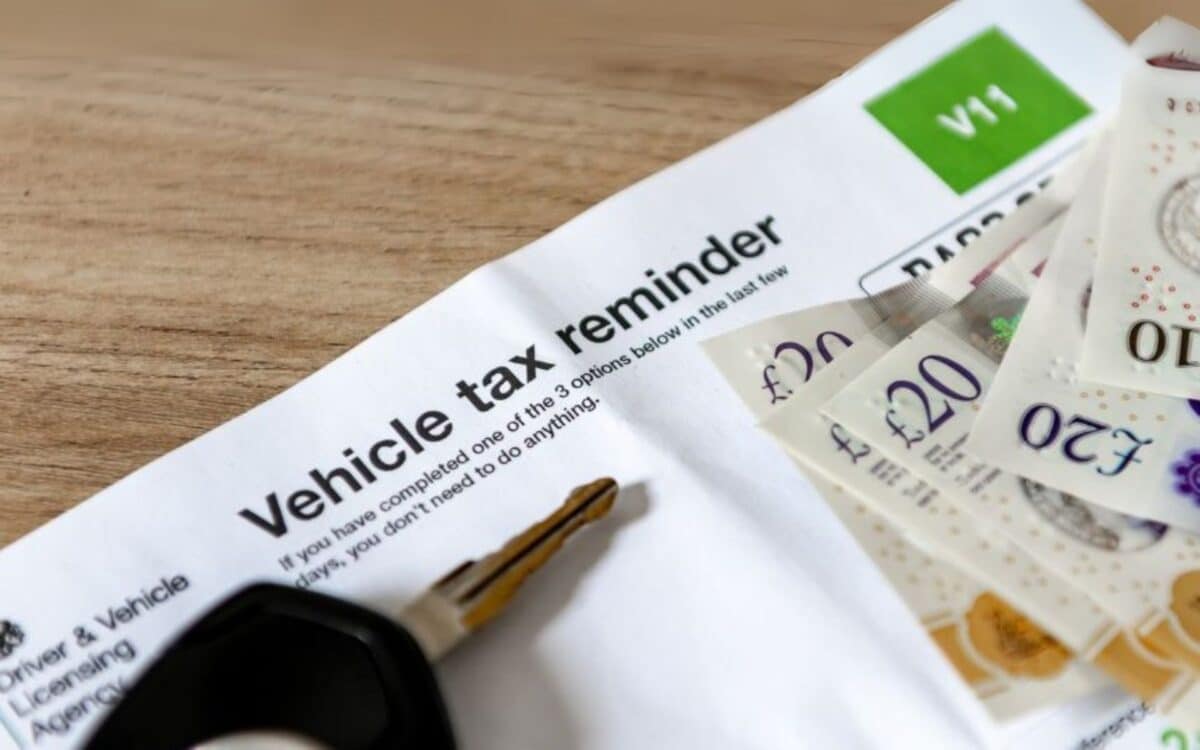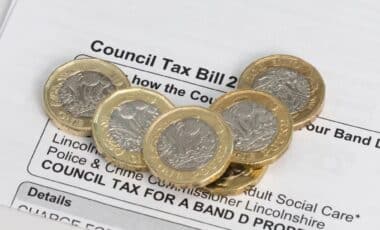A major shift in vehicle tax is set to take effect across the UK from April 2025, with changes that could impact both new car buyers and long-time vehicle owners. While full details are still being reviewed by many drivers, early outlines suggest adjustments across several key categories.
According to Belfast Live, these changes could significantly impact how much certain drivers pay and who avoids paying altogether. While full electric vehicles and classic cars are part of the conversation, the details are more complex than they appear.
Steep Increases in First-Year Vehicle Tax Rates
The new structure will see first-year tax rates double for many newly purchased vehicles. Those with CO₂ emissions exceeding 255g/km will face the steepest rise, with the one-time tax jumping to £2,745. These rates will apply on a sliding scale based on emissions output, which will affect many mid-market brands, including popular models from Ford and Toyota.
As stated in the announcement:
Models producing over 255 g/km of CO₂ are set for the highest £2,745 increase, affecting some of the most popular vehicles on the road.
These are hefty fees paid by owners of brand-new vehicles before they switch to the standard annual rate.
New Tax for Electric Vehicles
Starting April 1, 2025, the current exemption for electric vehicles will end. Owners of EVs will now be required to pay the same standard VED rates as internal combustion vehicles. This move is part of the transition to a more unified tax policy as EVs become more widespread across the UK’s car fleet.
While EVs remain a cleaner alternative, the exemption was initially designed to support market adoption. Now that EV ownership has significantly expanded, the government is phasing out these advantages.
Exemptions for People With Disabilities
Certain groups will continue to benefit from full or partial exemptions from vehicle tax. Drivers can apply for an exemption if they receive any of the following :
- The higher rate mobility component of Disability Living Allowance (DLA)
- The higher rate mobility component of Child Disability Payment (CDP)
- The enhanced rate mobility component of Personal Independence Payment (PIP)
- The enhanced rate mobility component of Adult Disability Payment (ADP)
- Armed Forces Independence Payment
- War Pensioners’ Mobility Supplement
You may also qualify for a 50% reduction in vehicle tax if you receive:
- The standard rate mobility component of Personal Independence Payment (PIP)
- The enhanced rate mobility component of Adult Disability Payment (ADP)
Applicants are advised to consult the ‘Financial help if you’re disabled’ section on gov.uk for full details and required documentation.
Classic Cars Remain Tax-Exempt Under Rolling 40-Year Rule
Most cars over 40 years old remain exempt from VED, but the exemption is not automatic. Owners must actively apply once their vehicle qualifies under the “historic vehicle” classification.
As of April 2024, vehicles first registered on or before 7 January 1984 are considered built in 1983 by the DVLA and are tax-exempt. For vehicles first registered between 8 January and 31 December 1984, the exemption will begin on 1 April 2025.
According to the advisory :
If your vehicle was ‘first registered’ after this date, up to 31 December 1984, you will need to wait until 1 April 2025.
For more detailed guidance, drivers can refer to Webuyanycar’s historic vehicle tax guide.









